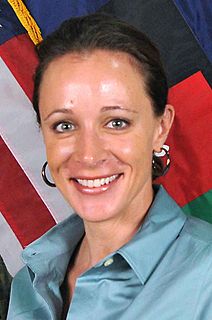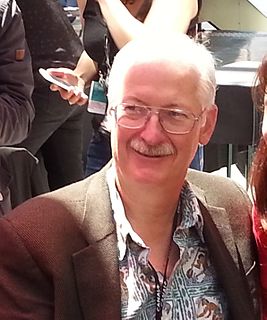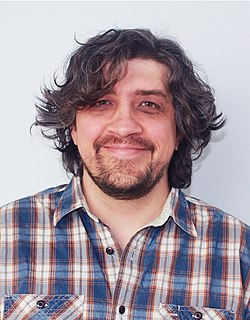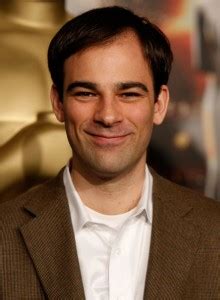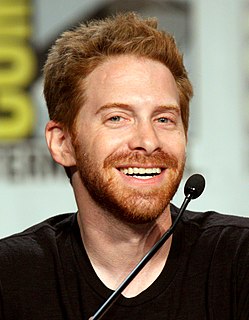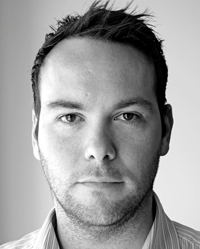A Quote by Lee Unkrich
You can tell a story clearly in the storyboards, but if you don't keep the correct focus in the animation, it can be ruined.
Related Quotes
I don't have the story finished and ready when we start work on a film. I usually don't have the time. So the story develops when I start drawing storyboards. I never know where the story will go but I just keeping working on the film as it develops. It's a dangerous way to make an animation film and I would like it to be different, but unfortunately, that's the way I work and everyone else is kind of forced to subject themselves to it.
What happens in animation is that you don't really start the story until you're boarding it, which usually means that you've gotta go through some sort of a script phase. And you can get caught in the doldrums there, overdeveloping that, when you don't really know what you have until you put it up in storyboards.
Yeah, once we decided to use that replacement animation, and the seams are a function of that animation, and other movies paint those out, we decided we wanted to keep the presence of the animation and the type of animation that it was rather than make it look polished. It created a kind of vulnerability, I think.
I really love animation as a storytelling medium, whether it's traditional, cel animation, or CG, or stop motion, which is more our studio's area of focus. But I find that the creatives behind any kind of animation are typically very similar, and so regardless of what aesthetic they use to realize their vision, I'm usually pretty into it.
Technology adds nothing to art. Two thousand years ago, I could tell you a story, and at any point during the story I could stop, and ask, 'Now do you want the hero to be kidnapped, or not?' But that would, of course, have ruined the story. Part of the experience of being entertained is sitting back and plugging into someone else's vision.
I don't think there's a right or wrong things in your style. It's about how you clearly reflect who you are; how you more clearly tell the story. Who are you? How do you want to transmit that to the world, and how do you more clearly say that? Then I have a philosophy, FFPS: fit, fabric, proportion, and silhouette. Proportion's everything, really, knowing your body and understanding that. Those things have been really crucial for me. It's about being clear about the story you want to tell to the world about who you are - and maybe a little bit of FFPS.
I'm really trying to just keep this internal, and be faithful to the story and the characters, and keep 99.9% of my brain there, serving the story. It's a great network. It's the golden network of cable, so it's totally an honor to be there and tell this story, but I try not to think about anything beyond that.
If you're sitting in your minivan, playing your computer animated films for your children in the back seat, is it the animation that's entertaining you as you drive and listen? No, it's the storytelling. That's why we put so much importance on story. No amount of great animation will save a bad story.

